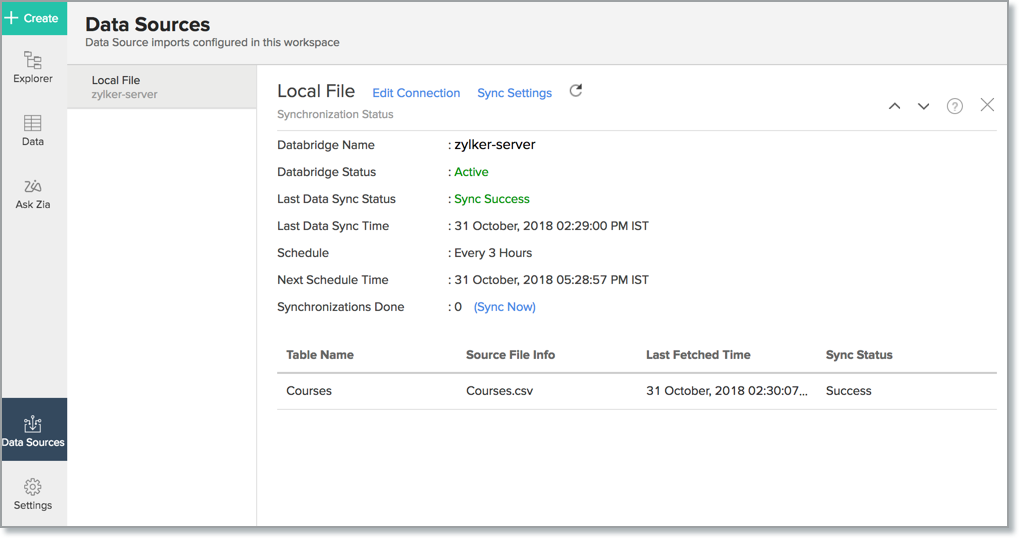
(I do know that I can use StringIO.StringIO() instead, but I'm wondering what's wrong with io. It is a writer object that converts information into delimited strings. writer class It is used to write data into CSV files. To start writing CSV file create the writer class using following statement: > import csv > csvfileopen (file.csv','w', newline'') > objcsv.writer (csvfile) The writer class has following methods: writerow (): This function writes items in a sequence (list, tuple or string) separating them by comma character. They both can be used to write data into csv files. Why does it fail in conjunction with the csv module, even if all the strings being written are Unicode strings? Where does the str come from that causes the Exception? Python3 import csv from datetime import datetime rows 'GeeksforGeeks1', 'GeeksforGeeks2', 'GeeksforGeeks3', 'GeeksforGeeks4', 'GeeksforGeeks5', 'GeeksforGeeks6' with open(r'YOURCSVFILE.csv', 'r+', newline'') as file: filewrite csv.writer (file) currentdatetime datetime.now () for val in rows: val. There are mainly two types of writers for csv files. csv-stringify, a stringifier converting records into a CSV text. csv-parse, a parser converting CSV text into arrays or objects.
#Import csv writer generator
This package exposes 4 packages: csv-generate, a flexible generator of CSV string and Javascript objects. It works correctly when I try and feed it a Unicode string manually. It provides every option you would expect from an advanced CSV parser and stringifier. It seems that you'll have to encode the Unicode strings to byte strings, and use io.BytesIO, instead of io.StringIO. > writer.writerow(csvdata) # Sadly, no.Īccording to the docs, io.StringIO() returns an in-memory stream for Unicode text. at 10:54 Add a comment 5 Answers Sorted by: 55 The Python 2.7 csv module doesn't support Unicode input: see the note at the beginning of the documentation. import csv workingdir 'C:\Mer\Ven\sample' csvfile workingdir+'\test3.csv' fopen (csvfile,'wb') opens file for writing (erases contents) csv.writer (f, delimiter ' ',quotechar ',',quotingcsv.QUOTEMINIMAL) if you want to read the file in, you will need to use csv.reader and open the file for reading. > writer = csv.writer(output) # Now let's try this with the csv module: import csv with open ('innovators.csv', 'w', newline'') as file: writer csv.writer (file) writer.writerow ( 'SN', 'Name', 'Contribution') writer.writerow ( 1, 'Linus Torvalds', 'Linux Kernel') writer.writerow ( 2, 'Tim Berners-Lee', 'World Wide Web') writer. > output.write(u"Hello!") # This works as expected. TypeError: unicode argument expected, got 'str'

> output.write("Hello!") # Fail: io.StringIO expects Unicode I tried to backport a Python 3 program to 2.7, and I'm stuck with a strange problem: > import io


 0 kommentar(er)
0 kommentar(er)
